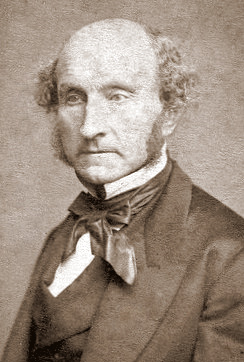Note: This is not really a post. These were some notes that I was saving to work on a post later. I had scheduled this to automatically publish in order to encourage myself to work on it instead of just leaving it as I do most drafts that I write. Unfortunately, I got really ill and forgot about it. So here are some notes for a post that I was going to tidy up and write later.
The other day I wrote about a 2005 list of the top-ten most harmful books from a conservative perspective. I described one of the things that I found odd about the list, namely the stance against critical thinking skills. Today I want to comment on a second thing that I find odd about the list: It has a strong illiberal streak. When I say it is illiberal, I don’t mean ‘liberal’ in the way this is sometimes contrasted with conservatism; I mean ‘liberal’ in the sense of liberty and freedom, two values that many conservatives claim to uphold and hold dear.
I’ve written in the past about some of the different ways to understand the concept of liberty of freedom, and how the Tea Party seems to reduce freedom to not paying taxes. I find it difficult to understand what exactly Republicans have in mind when they invoke the concept of freedom, and this post continues my attempt to uncover how conservatives use the concept of liberty and freedom.
One of the books that does not make the top ten, but gets honourable mention on the list is John Stewart Mill‘s On Liberty. I find it very strange that this book should make the list at all since in this text Mill provides some of what are widely considered the best defences of the liberties many Republicans claim to hold dear. Mill writes in defence of freedom of speech, freedom of conscience, freedom of religion and freedom of the individual.
Here again is a passage from Dewey’s Democracy and Education:

Dewey explains how without education workers don’t understand how their work contributes to the social good, and so their labour does not reflect their own ends, but instead the ends of their employers. This robs workers of their freedom. From Democracy and Education, page 249.
This also helps me understand, to an extent, the hostility to the Arts and Social Sciences (well, except for economics which is also a social science) that one sometimes finds in certain commenters on the right. For example, Margaret Wente is almost always deriding students who choose to take philosophy, English, sociology, or anthropology despite having an MA in English herself. (I wrote about Wente’s odd loathing of her own education in an earlier post).



